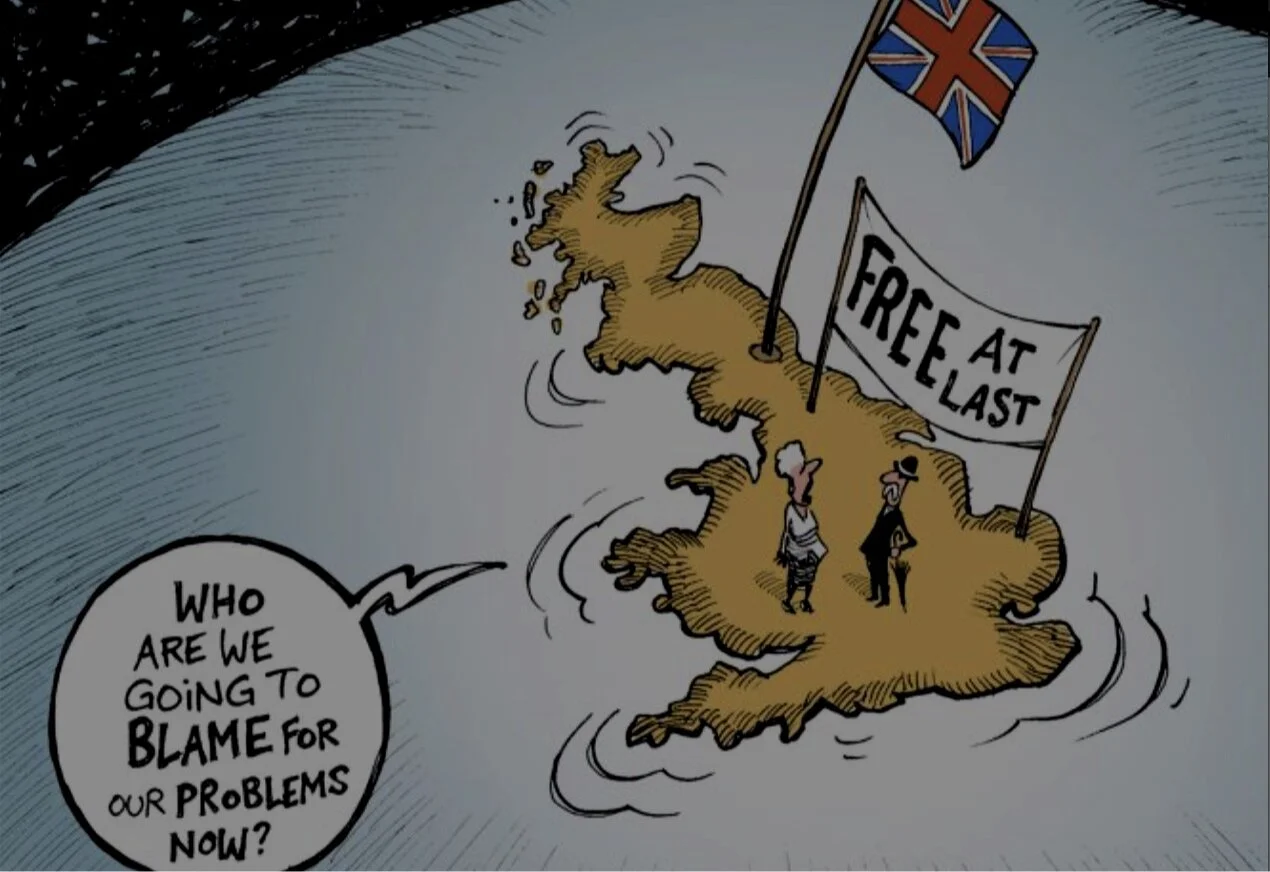Brexit may not appeal to everyone, but it should get the attention of any business negotiator. Imagine the most difficult negotiation UK has ever faced in its history and a complex web of agreements with EU for 45 years, which now needs to be unraveled. By any standard, Brexit is a political nightmare, which will certainly benefit the lawyers who are lucky enough to gain a seat at the negotiating table...
Caught by surprise, the UK has been in a situation where its trade benefits with the European Union can be lost. The consequences may be devastating as British goods and services may become less competitive as a result of higher tariffs imposed on them. Corporations established in the UK might move elsewhere to obtain the benefits of the EU market. Some products, such as medicine, may become difficult to find, houses prices could fall, Scotland may want to remain in the EU, etc. The challenge for the British Prime Minister and his team is huge...
From a pure negotiation stand point, it is a fascinating case study with multiple factors and components: cultural differences, political involvement, group effect, leverage, egos, threats, deadlines, mistrust, compromises, deadlock, covid-19 complications, etc.
The parties have to reach a trade deal by the end of the year and are now experiencing a deadlock. Fishing rights and competition rules are the two most important issues. Impossible for the UK to cherry pick specific issues to resolve and leaving the rest up in the air. The agreement must be all encompassing. Can Boris Johnson and the UK afford a hard Brexit? One thing is sure: he has little leverage in the negotiation....
Theresa May admitted when the talks started that the British Prime Minister had limited leverage in the matter, and one’s abilities as a negotiator would certainly being tested.
So, what leverage does Boris Johnson has?
Threat could be one of them (including a hard Brexit and breaching international law) but Europeans don’t seem to be impressed by threats considering the consequences for Boris Johnson and his government - a loss of trust and credibility, and a huge social and economic impact already affected by the pandemic (47% of UK’s exports goes to the European Union). This is significant.
The other leverage UK is trying to use is trade deals with other countries outside of the European Union in an effort to easily access new markets. However, a new trade deal with the US is unlikely to happen before UK’s position is clarified. The Chinese trail has recently gone cold.
The UK recently stroke a deal with Japan. They basically replicated the terms of the trade agreement between the European Union and Japan, but the task remains difficult for the UK.
In the meantime, members of the European Union have shown an exceptional level of solidarity. A hard Brexit would create a disruption of trade for those exposed to the UK market (such as Ireland with 14% of its exports going to the UK), but not to the same extent as the disruption UK would experience if it was cut off from an advantageous access to the European market.




